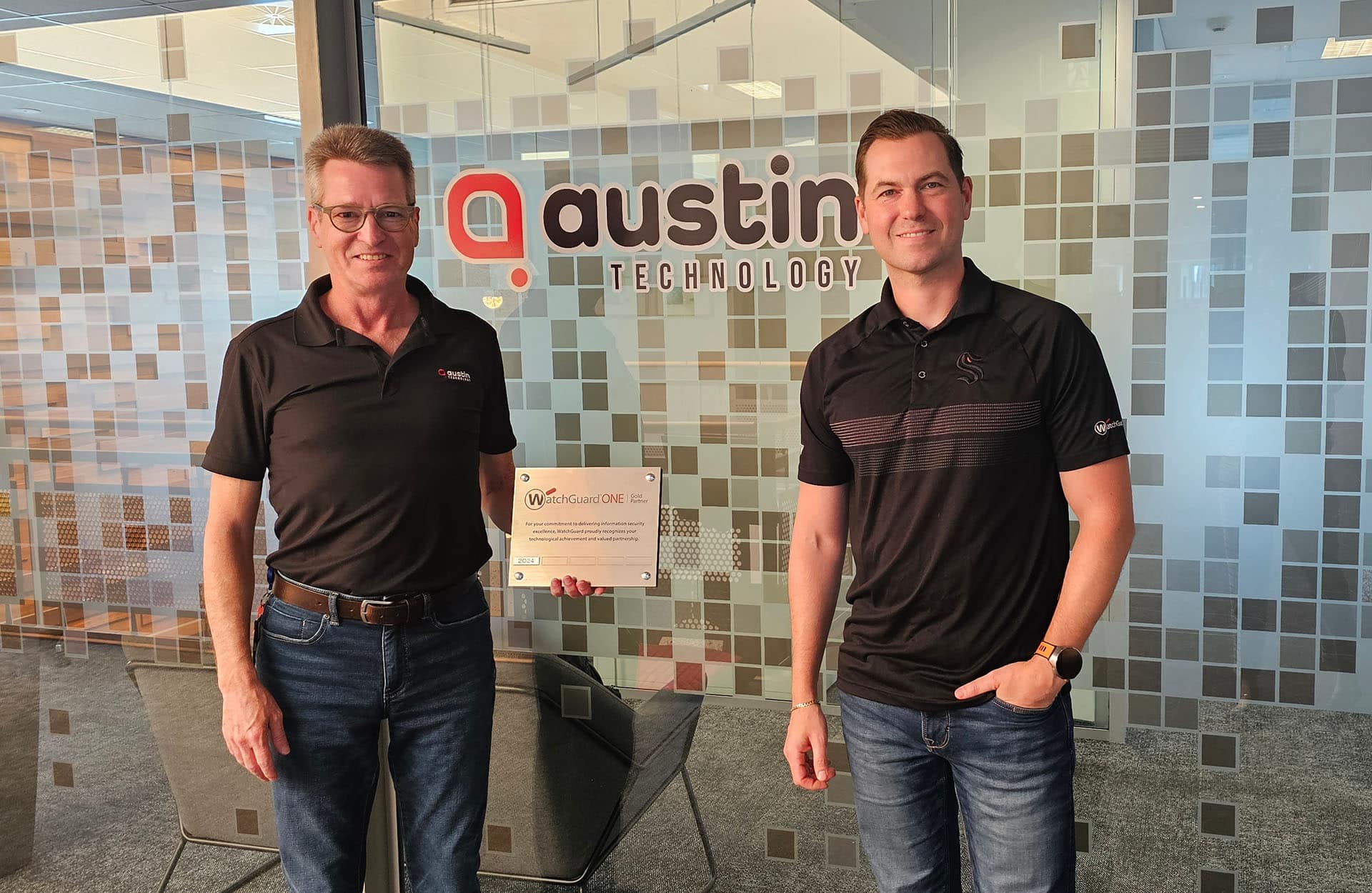A good indicator of business growth is expansion to new locations, and with it comes the need to consolidate operations. The next best strategy is to extend your IT support across your satellite offices by consolidating your network infrastructure.
Here are the most common ways to centralise your IT solutions in monitoring your growing business without burning a hole in your pocket.
Leverage VPN’s benefits
For small- and medium-sized businesses (SMBs) that are expanding, using virtual private networks (VPNs) is ideal because it allows your business’ main office to connect securely to your new locations even over public internet. A fast site-to-site connection can be expected since you only lease a dedicated internet access line per office location.
With a VPN, you have easy access to data and it enables you or your employees to transmit or store data on a server for backing up purposes. For example, you made a retail sale to a customer and you had to issue a receipt. With the use of accounting software, you could have copies of the receipt to be electronically generated and stored in a database in your headquarters in another location. This helps you monitor your transactions for accounting log purposes. Doing away with physical copies for record-keeping purposes ultimately reduces costs and helps you monitor your transactions more closely with a mobile device.
Utilize the cloud
Aside from optimising your VPN strategy, using a cloud-based centralised data repository for less-critical business matters could be helpful, especially if you tend to access them remotely. Many businesses nowadays are adopting cloud-computing facilities because these allow users to access data using a smartphone, tablet, or laptop from anywhere with an internet connection.
In addition, you pay only for cloud services as the need arises, helping you avoid the need to purchase additional services that you don’t end up using. Also, you don’t need to worry about running out of storage space since cloud storage is virtually unlimited.
In terms of security, cloud service providers typically handle the monitoring, data access management, and anti-malware and anti-spam software, so you don’t need to hire additional IT personnel. What’s more, there’s no need for additional hardware or software configurations when accessing cloud resources.
Work with a reliable MSP
Bear in mind that leveraging your IT support by using the cloud does not make it hack-proof. SMBs remain to be a primary target of cyberattacks because of their perceived vulnerability due to their small IT infrastructure. You will need to be on your toes in safeguarding the overall security of your businesses. You need to have a point-to-point solution from a reliable and trustworthy IT provider that allows you to have web, endpoint, and email security to minimise the complications of compliance and monitoring.
A holistic IT solution should be comprehensive enough to meet all your SMB’s needs, especially when undergoing expansion or managing other existing locations. It should also be compliant with state regulations with respect to your physical office locations. A comprehensive approach to IT management must include, but should not be limited to:
- Implementing policies to ensure data compliance of inbound and outbound transactions
- Having user management privileges for user-tracking purposes
- Limited website and application use where necessary
- Protected and monitored mobile use with singular and integrated security policies and procedures.
If you need help in managing the IT side of your business, contact Austin Technology for a wide range of tailor-fitted solutions wherever your business might be.


